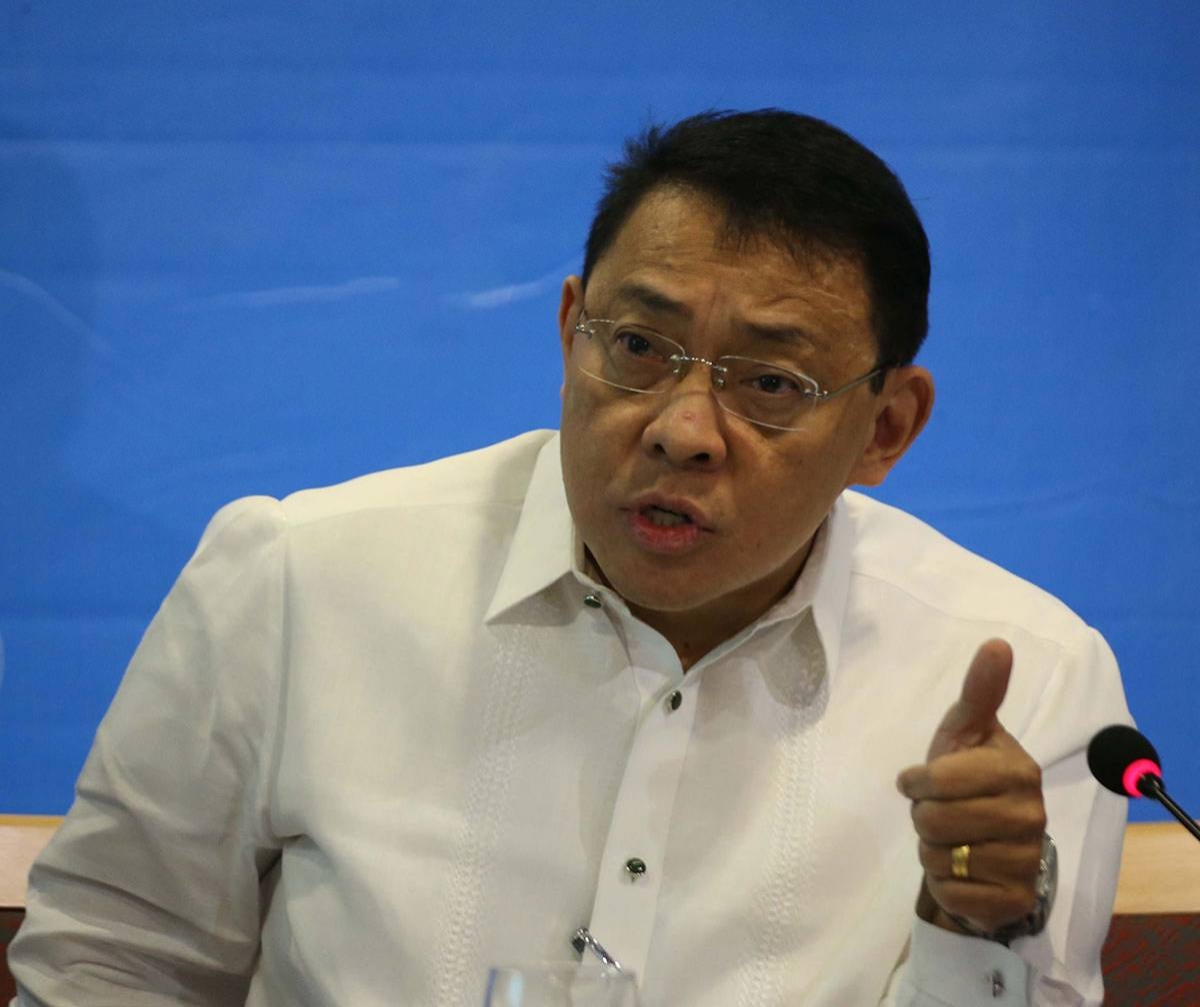POLITICS, rather than economic considerations, seems to be the driving force behind the relentless push for Charter change (Cha-cha) in the Philippines, according to a former Bangko Sentral ng Pilipinas (BSP) official. Diwa Guinigundo, former BSP deputy governor, highlighted this in a recent GlobalSource Partners commentary.
Guinigundo pointed out that the efforts to amend the 1987 Philippine Constitution are not new and have been persistent. Previous attempts were made by former presidents Fidel Ramos, Joseph Estrada, Gloria Macapagal Arroyo, and even Rodrigo Duterte during his term.
However, Guinigundo noted that these previous attempts failed to gain popular support and faced strong resistance from the people. The current effort to push for constitutional change is through a people’s initiative, as permitted by the Philippine Constitution.
Guinigundo argued that while a people’s initiative is suitable for specific amendments, it is not meant to address major issues such as the form of government, the choice between a presidential or parliamentary system, or changes to how the House of Representatives and the Philippine Senate vote in a constituent assembly.
He also highlighted that many restrictive provisions have already been addressed through prior amendments to the Public Service Act (PSA) and the Retail Trade Liberalization Act (RTLA). The PSA, for example, allows foreign ownership in airports, seaports, railways, and telecommunications, while the RTLA has reduced the paid-up capital requirement for foreign retail enterprises.
Furthermore, both historical and recent research indicate that what entices foreign investments are factors such as the rule of law, respect for private business ownership, ease of doing business, quality of labor, and infrastructure.
While there may be arguments for and against Charter change, it is essential to consider the motivations behind the push for such amendments. In this case, it appears that political interests are the driving force, rather than economic considerations.
It is crucial to ensure that any amendments made to the Constitution are in the best interest of the Filipino people and the country as a whole. Transparency, public participation, and a thorough understanding of the potential consequences are necessary before any significant changes are implemented.
As the debate on Charter change continues, it is important for the government and the people to engage in open and constructive dialogue to ensure that the future of the Philippines is shaped in a manner that benefits all its citizens.







